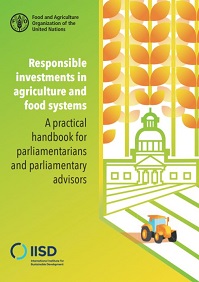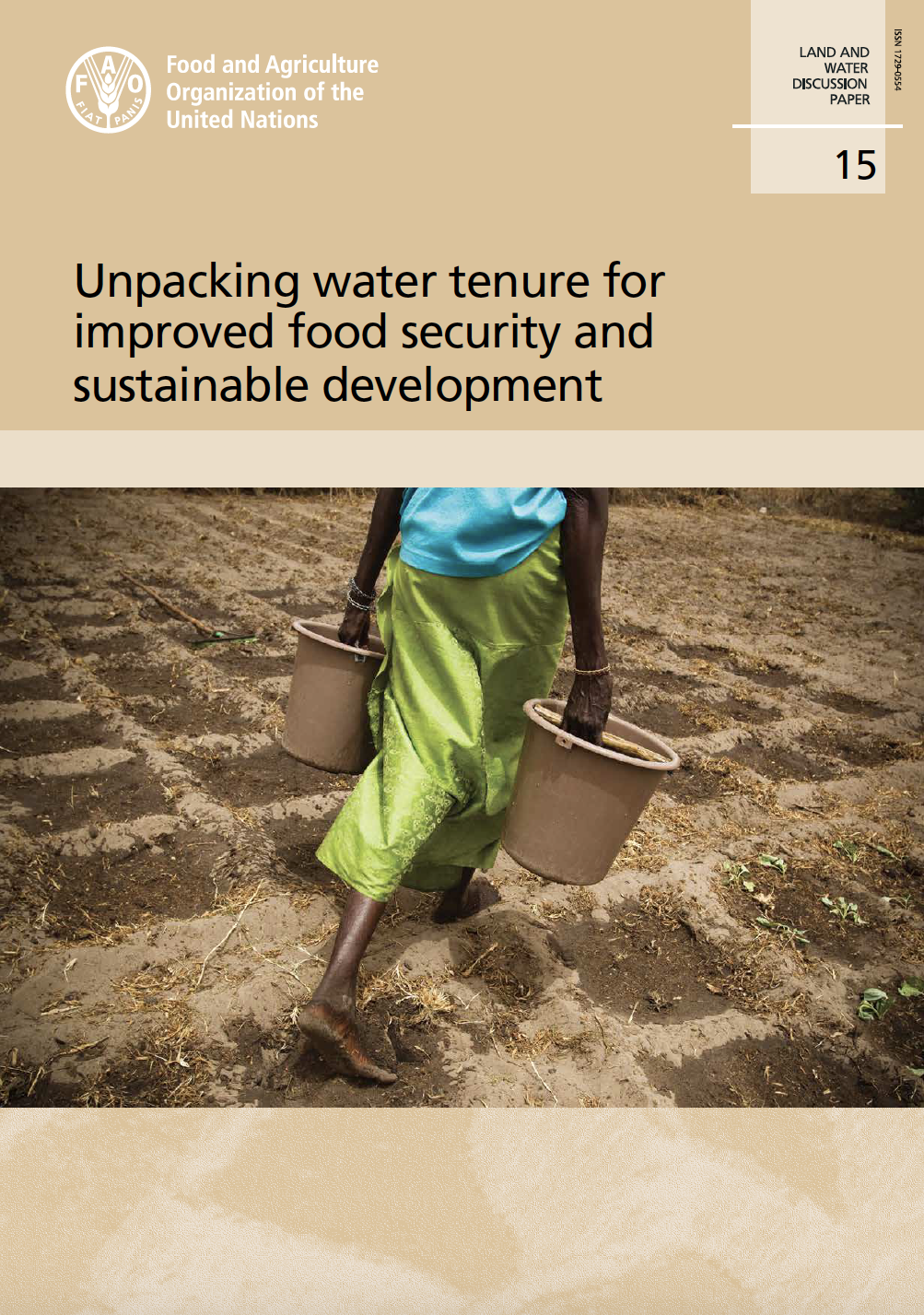Focal point
Location
The Food and Agriculture Organization of the United Nations leads international efforts to defeat hunger. Serving both developed and developing countries, FAO acts as a neutral forum where all nations meet as equals to negotiate agreements and debate policy. FAO is also a source of knowledge and information. We help developing countries and countries in transition modernize and improve agriculture, forestry and fisheries practices and ensure good nutrition for all. Since our founding in 1945, we have focused special attention on developing rural areas, home to 70 percent of the world's poor and hungry people.
Members:
Resources
Displaying 46 - 50 of 5074Peatland mapping and monitoring: Recommendations and technical overview
Peatlands cover only 3 percent of the world's surface yet contain as much carbon as all of its vegetation, dramatically underscoring their pivotal role in global climate regulation. Their degradation, by drainage or fire or other forces, triggers their conversion from slow carbon sinks into fast sources capable of releasing carbon stored over millennia in a few decades. To avoid their degradation and effectively plan their restoration, peatlands should be urgently mapped and monitored.
Responsible investments in agriculture and food systems – A practical handbook for parliamentarians and parliamentary advisors
This Handbook provides a comprehensive and systematic overview of the role that Parliamentarians and Parliamentary Advisors can play in the creation of reliable, coherent, and transparent “enabling environments” in the range of areas related to investment in agriculture and food systems. It does so through guidance notes, examples of good practices, and very practical indications, and sets out key stages of processes and mechanisms for MPs and advisors to consider while promoting responsible investment in agriculture and food systems.
Responsible investments in agriculture and food systems – A practical handbook for parliamentarians and parliamentary advisors
This Handbook provides a comprehensive and systematic overview of the role that Parliamentarians and Parliamentary Advisors can play in the creation of reliable, coherent, and transparent “enabling environments” in the range of areas related to investment in agriculture and food systems. It does so through guidance notes, examples of good practices, and very practical indications, and sets out key stages of processes and mechanisms for MPs and advisors to consider while promoting responsible investment in agriculture and food systems.
Unpacking water tenure for improved food security and sustainable development
Increasing understanding of the role that secure water resources tenure plays in ensuring sustainable livelihoods, just resource governance, environmental protection, and sustainable economic development has led FAO to re-kindle the debate that had begun in 2012, when the Voluntary Guidelines on the Responsible Governance of Tenure of Land, Fisheries and Forests (VGGT) were adopted by FAO, and that had culminated in 2016 with the publication of the FAO seminal study "Exploring the concept of water tenure".
Jeunes pasteurs en ville – Perceptions, dispositifs et stratégies d’action publique au Burkina Faso
Dans le contexte sahélien, depuis la fin des années 2010 des discours normatifs sur la jeunesse et le pastoralisme se sont développés, trop souvent basés sur des catégories standards impropres à décrire les réalités locales et associées dans une chaine de causalité trompeuse: désœuvrement des jeunes, migrations, participation aux violences armées, conflits violents catégorisés de manière simpliste comme ethniques et socioprofessionnels, économie criminelle, dégradation des ressources, changement climatique.Il y a un paradoxe entre le développement de ces discours généraux et le manque de do










